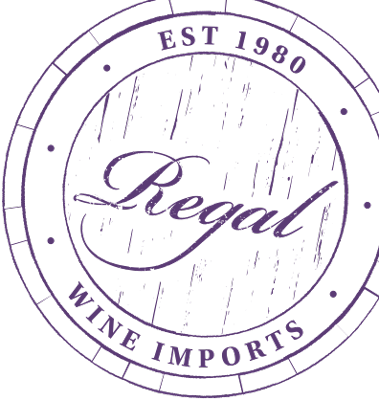Winery Overview
Nestled amid the craggy ‘Rocche’ of Roero in Piemonte are 19 acres of vineyards at about 820 feet above sea level. The estate spans over three hills with with different terrains and exposures: Mormore, Bricco della Passere, and Coste Anforiano. The vines are an average of 30 years old.
Much has changed since the time of the original owner, Stefano. When great-grandfather Stefano ran the vineyard, the sole objective was to produce as big a harvest as possible, to either sell outright or use to make wine for the family.
Today, Monica and Daniela, the fourth generation Tibaldi sisters, have a modern view of winemaking, while still maintaining a custom and timeless tradition. In 2014, they decided to start their own brand together, and the Tibaldi Sisters are now the face of the company. They have honed their skills and accumulated practical experience thanks to their father, also named Stefano, and their grandfather, Tunin. These qualities bring the family vineyard to a world-class level of excellence. Both women are winemakers, vineyard workers, salespeople, event hosts, and even office managers. They are busy operating the winery, but they have a very playful sisterly spirit which is represented on their labels.
Tibaldi has been Certified Organic in their vineyards for four years through Valoritalia which means all their wines are produced from organically grown grapes. They intend and act to safeguard biodiversity by maintaining a functional ecosystem. They have birdhouses in the vineyard to encourage wildlife, and they also farm organically in their orchards.
[shareonedrive mode="files" dir="01TZFRFPOW3F5CPLF5HJFZUNX2HSJWRJG3" account="730caaf8-cea3-456f-b43d-015243cf45e9" drive="b!igTyrdiz6EuE1H1hIjZ0Yv0KAns562ZCnDriKjLglO1ttuEOKMjYSK4JoWwdFey7" viewrole="administrator|editor|author|contributor|subscriber|employee" onclick="download" downloadrole="administrator|editor|author|contributor|subscriber|employee" filelayout="list" previewrole="none" ]
Vineyard
Monica and Daniela look after each individual vine with the sole aim of producing excellent fruit. This enthusiasm and commitment mean there is little need for intervention in the cellar. The vineyard work is done by hand with an eye to conserving the environment and landscape.
To maintain the freshness and mineralty characteristic of Tibaldi's white wines, the vineyard area sits on sandy soil, with north-west exposure. For red wines, the more calcareous land with a lower percentage of sand in a southern exposure is where vines grow to obtain longevity and structure.
Tibaldi owns 19 acres of vineyards at about 820 feet above sea level. The vines are an average of 30 years old. Tibaldi has been Certified Organic in their vineyards for four years through Valoritalia which means all their wines are produced from organically grown grapes. They intend and act to safeguard biodiversity by maintaining a functional ecosystem.
Terroir
Mixed soil (21% sandstone, 55% limestone, 24% clay), from Bricco Delle Passere vineyard, with southeast exposure.
Viticulture
Harvest takes place in the first half of October. Grapes are hand-picked and placed in 20 kg crates. 100% Nebbiolo, guyot pruning, elevation of 300m. All wines from Tibaldi are produced from organically grown grapes which are Certified Organic vineyards through certifier Valoritalia.
Vinification
Indigenous yeast by Pied de Cuve are used to start fermentation. Once in the cellar the grapes are de-stemmed and gently pressed. The must is fermented in steel tanks in contact with the skins at a constant temperature between 26° and 28° C. Numerous pump-overs maximize color extraction and tannin. After the first decantation, malolactic fermentation begins.
Aging
The wine matures ‘sur lie’ in steel tanks, in order to obtain longevity, structure and aroma. It ages in steel tanks for 10 months and than 3 months in bottles before being placed on the market.
